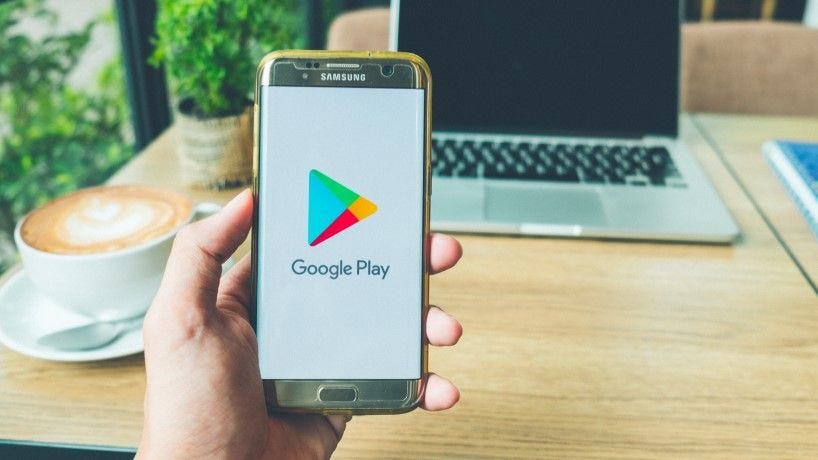Explainer: Why you should care about the Google 30% tax
Any app that is downloaded through Google Play Store and is either paid for by the consumer, charges a subscription or offers in-app purchases is affected by this.
What is ‘Google Tax’?
Any developer can upload an app to the Google Play Store as long as they meet their guidelines after paying a $25 one-time fee. Google offers its own in-app billing system that charges a 30% commission or service fee for any payment made for an app or in-app payments or subscriptions.
Globally, Android’s market share is 70%. The Indian market share is also significant. According to Statista, in 2020, Android held a share of 95.23% of the mobile operating system market in India. This was followed by Apple's iOS, a distant second, with a 3.2% market share. Android went from just above 10% in 2012 to more than 60% within four years.
India was the most significant contributor to Google Play downloads during the second quarter of 2021. The number of Google Play app downloads in India has increased from 6.7 billion in Q2 2020 to 7.23 billion in Q2 2021, representing an appreciable increase of 7.9% YoY, and considering its dominance and how developers ‘need’ to be on the Play Store, Google announced a change in its policy last September:
Google announced that all in-app purchases will have to be routed through its own billing system. This effectively meant that every payment from a consumer for a digital good or service will attract a 30% fee – apart from the government taxes.
After facing backlash from around the world, the company said it would slash the fee to 15% for the first $1 million earned by a developer through their app on Play Store in a year and the 30% commission will apply for the revenue earned beyond $1 million.
Why is Google charging this?
Google says the Play Store service fee covers such provisions like security updates and a range of developer tools for building and maintaining a global app marketplace. Google Play also enables user discovery and developer growth by curating recommendations.
Who does this 30% commission affect?
Google claims only 3% of apps fall within the paid category and of this, only 3% do not use Google’s billing system – effectively bypassing the 30% cut that the tech giant demands for every single digital purchase.
Overall, Google claims only about 1% of the apps on Play Store earn above $1 million.
However, the impact is widespread.
Any app that is downloaded through Google Play Store and is either paid for by the consumer, charges a subscription or offers in-app purchases is affected by this.
This includes a whole array of apps, including and not limited to gaming, subscription services like fitness, education, music, video, dating, ad-free versions of free but ad-supported apps, B2B and B2C software and SaaS apps that need upfront payment or have a subscription model, and news, entertainment and other media that involves some form of consumer payment.
This also affects payment and billing players who are not part of Google’s billing ecosystem or compete with Google’s payment service.
It will affect consumers, who will eventually have to foot the higher bill.
Join the Alliance of Digital India to become a part of our journey to transform India’s startup ecosystem into the best in the world.


